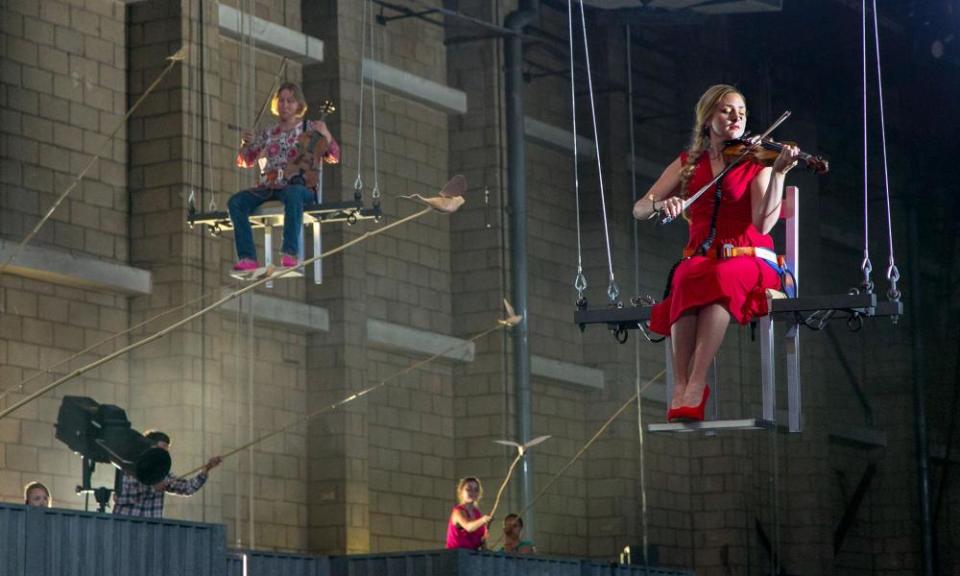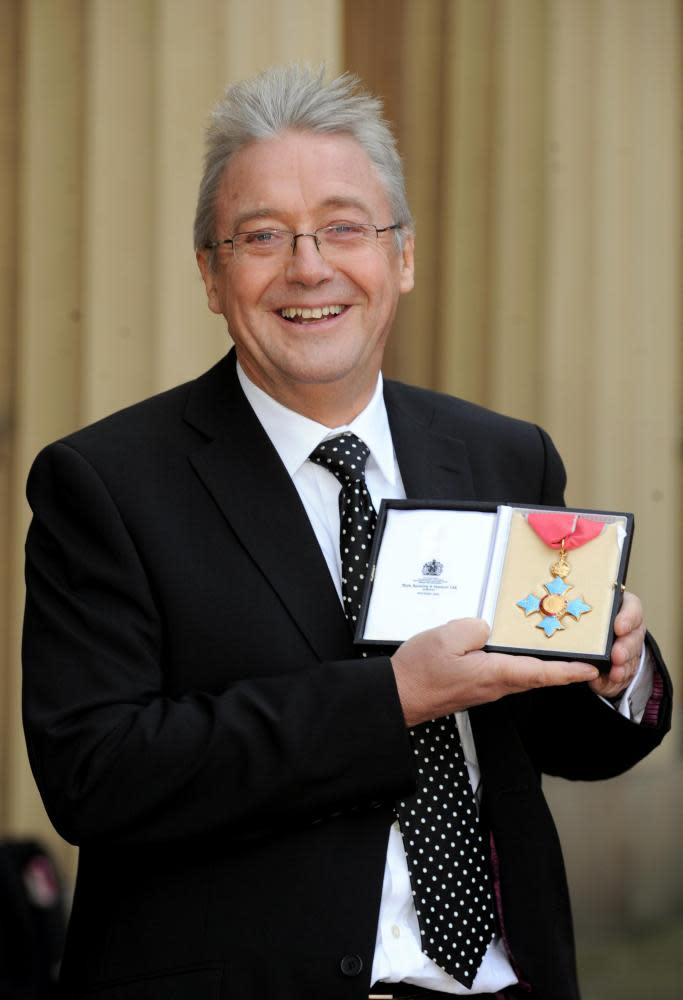Letter: Sir Graham Vick obituary

In 2012 the Birmingham Opera Company and Graham Vick staged the long overdue premiere of Karlheinz Stockhausen’s Mittwoch aus Licht (1995-97) at the Argyle Works, a former factory in Digbeth, Birmingham.
The opera is in four scenes: the convening of a “world parliament” above the clouds; a competition between 11 instrumentalists; a performance by a string quartet, with each member flying in a separate helicopter; and a meeting of intergalactic delegates electing a new president, during which a Bactrian camel defecates seven planets. To stage just one of these would have been an astonishing achievement. To stage all four – with wit, musicality, invention and dromedaries – was a very considerable feat indeed.

In 2015 Vick reinvented The Ice Break (1977) by Michael Tippett, a composer with whom he had a special affinity. Written off as dated and unstageable in the four decades since its premiere, the opera – in which a group of young people become dangerously entangled in a race riot – was revealed by Vick as a work of towering relevance.
Large choruses appear and disappear in a matter of moments; scene changes must be instantaneous. Vick’s site-specific staging, audience mingling with performers in another vast Digbeth warehouse, solved such problems at a stroke.
These were stagings of theatrical ambition and social conscience, the result of Vick’s constant questioning as to what opera is or could be. He had a vision that managed simultaneously to equal, illumine and respect the radiant and wayward imagination of Stockhausen and Tippett, whose work he revealed afresh.

 Yahoo Finance
Yahoo Finance 